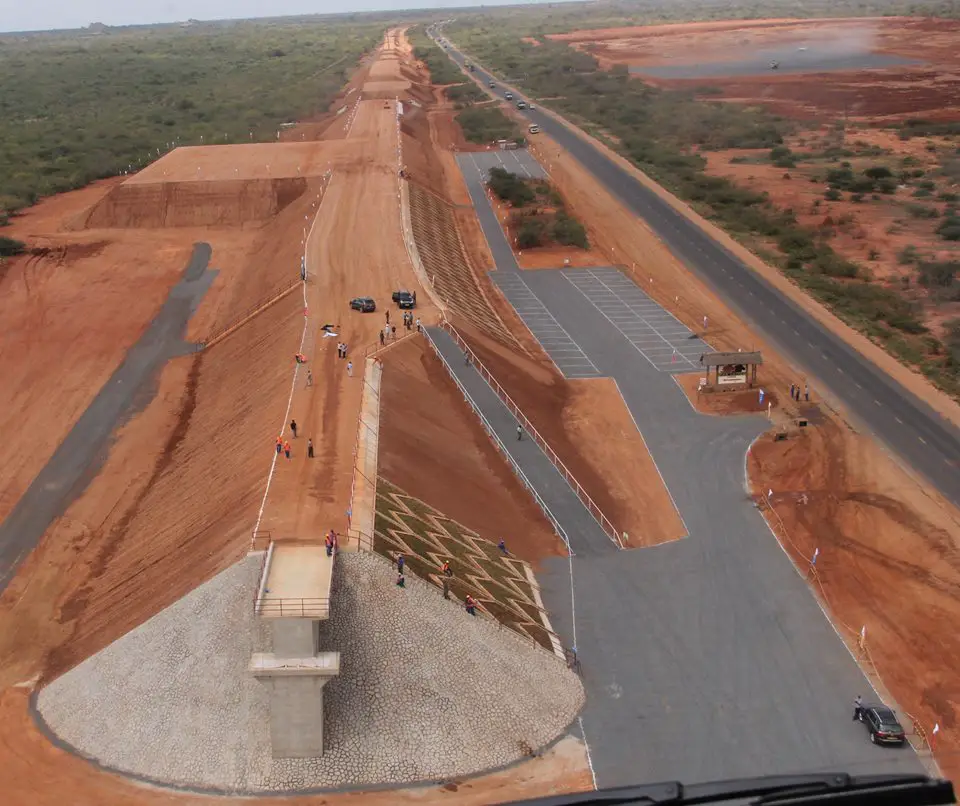By Rasna Warah
The decision by Uganda and Rwanda to ditch Kenya’s proposed oil pipeline in favour of Tanzania’s should ring alarm bells in terms of what this means, not just for the economy but for the viability of the standard gauge railway that is being touted by the government as a game changer.
It may soon dawn on us that not only was the SGR a very bad idea, but that it will put the country in such serious debt that Kenya could soon be rushing to the International Monetary Fund for a bailout loan.
Huge loans
Already the IMF has warned Kenya that the country’s debt burden and the huge loans from China can bring the country’s debt to unsustainable levels.
By arrogantly excluding Tanzania from discussions and assuming that it could play big brother to its neighbours, Kenya shot itself in the foot and lost the goodwill that it took for granted.
Kampala and Kigali probably realised that Kenyans had been taken for a ride and, therefore, put their heads together and decided that rather than rely on Kenya for its transport needs, it should turn to Magufuli’s Tanzania.
At least Tanzania does not have the perennial conflicts that Kenya seems to have every election cycle and with less corruption, Ugandan and Rwandan goods will probably be safer and cheaper to export and import from there.
The question we must ask now is whether the Chinese hoodwinked us into undertaking the SGR project knowing full well that it was not viable.
A couple of years ago, public policy consultant Kiriro wa Ngugi and economist David Ndii warned Kenyans that the SGR was a scam that would likely negatively impact coming generations for decades.
At an Ufungamano multi-sectoral forum, Ngugi demonstrated why the reasons used to justify the SGR do not make sense.
One of the justifications — that a high-speed railway will move more cargo in a shorter period of time — does not take into consideration the fact that high-speed railways are better suited for passenger services, not cargo.
In Japan, for instance, all high-speed trains are for passengers only.
One important reason countries decide to choose a particular type of rail network is because it is compatible with rail networks in neighbouring countries.
It does not make sense to build an SGR when the countries it is supposed to be linking with are still using metre gauge railway networks.
What would have made more sense, argued Ngugi, is if we upgraded the existing metre gauge railway network from Mombasa to Kisumu, which would be a much cheaper and more efficient option.
A World Bank study estimated that the upgrading and refurbishment of the existing railway line would cost about Sh150 billion, compared to the Sh1 trillion that will likely be spent on the SGR if the line extends from Mombasa to Malaba.
This is what Brazil did with its metre gauge railway network, which carries millions of tonnes of cargo quite efficiently.
Upgrading could have been funded by levies from the cargo itself rather than through huge borrowing from foreign banks.
One also wonders why the existing network, which is of immense historical and sentimental value to Kenyans, was abandoned in favour of a completely new one.
The secrecy around the SGR’s engineering and design plans also means that the public does not know for sure what the quality of the end result will be.
From the looks of it, Kenya may soon no longer be the economic powerhouse of the region.
I recently read a research paper by the Brookings Institution that showed that Kenya’s economy has not transformed in any significant way in recent years despite reasonably healthy economic growth rates.
The share of manufacturing output has remained stagnant and in agriculture, the country’s mainstay, productivity remains low.
In addition, the country’s “fragile democracy” poses a serious challenge to sustained economic growth.
Terrorist attacks have also impacted growth and high levels of unemployment among youth threaten security further.
Economic advisers
President Uhuru Kenyatta’s economic advisers have clearly not spelt out these challenges to him, nor have they given him a true assessment of the real cost of the mega infrastructure projects that his government has undertaken, and which show no signs of paying serious financial dividends in the near future.
The writer is a Nairobi based analyst and commentator


